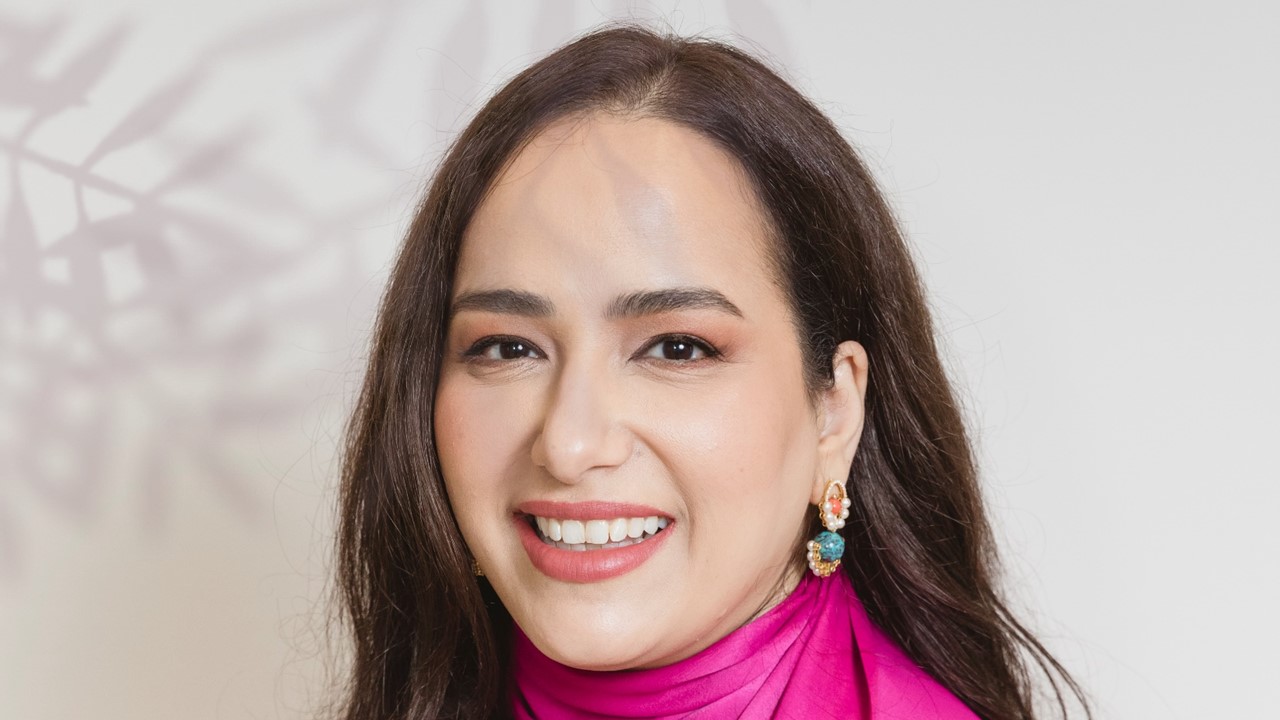
In an Interview with “Al Khaleej Al Tibbi”; Medical Section of Akhbar Al Khaleej Newspaper: Dr Mai Mattar States: A Facelift for the Radiology Department by the End of the Year • MRI Machine is Precise and Equipped with Artificial Intelligence, Reducing T
Arabian Gulf University
10 Sep, 2024
Your path to health and well-being begins at the University Medical Centre in King Abdullah Medical City, where the journey to precise diagnosis, treatment and healing starts at the Radiology Department. The department is characterised by expertise and modern technological equipment. The Medical Centre is currently undergoing significant enhancements in the Radiology Department, including new diagnostic devices and a commitment to attracting specialised medical talents. To better understand the newly revamped department, Al Khaleej Al Tibbi spoke with Dr Mai Mattar, Head of the Diagnostic Radiology Department at the University Medical Centre and Musculoskeletal Radiology Consultant.
What equipment will be replaced with modern devices?
The Radiology Department will gradually replace all current equipment without affecting its operations, including the Magnetic Resonance Imaging (MRI) machine and the Computed Tomography (CT) scan. Additionally, the department will also upgrade the contrast imaging equipment, mammography machine, and portable X-ray machine, which bridges the gap between internal care and emergency services. Furthermore, we will be acquiring four new ultrasound machines, which will be shared between the Radiology Department and two more for the Obstetrics and Gynaecology Department, along with a dedicated machine for the Infertility Department. It's worth noting that the current ultrasound machine is new and has not yet reached one year of service; however, we are always keen to have the latest equipment and technologies, hence our decision to upgrade.
Will there be any new technologies introduced to the current equipment?
Yes, new technologies will be incorporated into some existing machines to keep up with advancements. The ultrasound machines, for instance, are from GE and have been programmed with sensors to enhance image clarity and quality. The MRI will also be larger and less intrusive than previous models, by around 80%, and will feature artificial intelligence capabilities to help reduce time and improve diagnostic accuracy.
The new MRI device will have a full-screen entertainment system that can display any programme or video during the procedure, which is essential for those who tend to feel anxious or for children, who can watch cartoons on the MRI's screen. Similarly, the CT scanner will feature artificial intelligence support to expedite imaging and improve accuracy, particularly for heart examinations, where significant advances have been made, as well as for endoscopic procedures.
Additionally, the new contrast imaging machines will require numerous examinations that entail substantial radiation exposure for patients. The new machines will reduce radiation exposure noticeably, making them completely safe, especially for children.
Mammography has evolved with new technologies, now offering three-dimensional imaging for enhanced examination precision, making the experience more comfortable and considerate for patients during the procedure, which applies the same to biopsy equipment.
What is the purpose of this significant overhaul in the Radiology Department?
At the University Medical Centre, we value the crucial role that diagnostic equipment plays in diagnosing and assisting in treating medical conditions. Our role extends beyond just serving our centre; we also cater to all neighbouring clinics and centres thanks to our reputation for accurate diagnostics, bolstered by specialisations within the Radiology Department. We hold significant responsibility towards our patients to enhance service quality and healthcare standards.
On another note, attracting specialised medical personnel and increasing the number of technicians in the department brings added benefits. The presence of specialised doctors in precision disciplines in the Radiology Department will elevate the department's efficiency. We have attracted some of the best Bahraini talent in subspecialties, including orthopaedics, spinal, gastrointestinal radiology, and lung imaging, along with a female doctor soon to specialise in breast and gynaecological imaging.
Additionally, we have established fruitful collaborations with renowned companies for remote radiology reading to cover all existing specialities in the centre and support our doctors during their leave periods. Reports are generated by specialists with sub-specialty expertise, rather than general expertise. We provide services 24 hours a day, seven days a week.
In cases of emergency, reports are delivered within an hour, while regular cases will receive reports in under 24 hours. The key focus is on minimising patient wait times, before and after examinations, and ensuring the quality of reports. We are also working to attract new skilled professionals with extensive experience, particularly in MRI and CT scans, to facilitate patient examinations and reduce waiting times.
When will the department begin receiving patients in its new format?
We expect to receive patients for portable imaging in September, followed by all ultrasound machines, then in November for CT scans, the contrast imaging devices, and mammography in the latter half of December.
The machines will be installed, and subsequently, our doctors and technicians will undergo training provided by foreign experts to ensure proper use before any patient visits.
What are your future plans for the Radiology Department to make it the closest and most significant in the Gulf region?
We are continuously evolving to enhance our equipment, and our aspiration is to be the best Radiology Department in Bahrain and to function as an integrated unit. We will also be expanding with a new branch alongside King Abdullah City, a jewel of Bahrain. Consequently, we will be training doctors and technicians to serve both the University Medical Centre and the Medical City, with the goal of recruiting a larger number of qualified Bahraini specialists.
